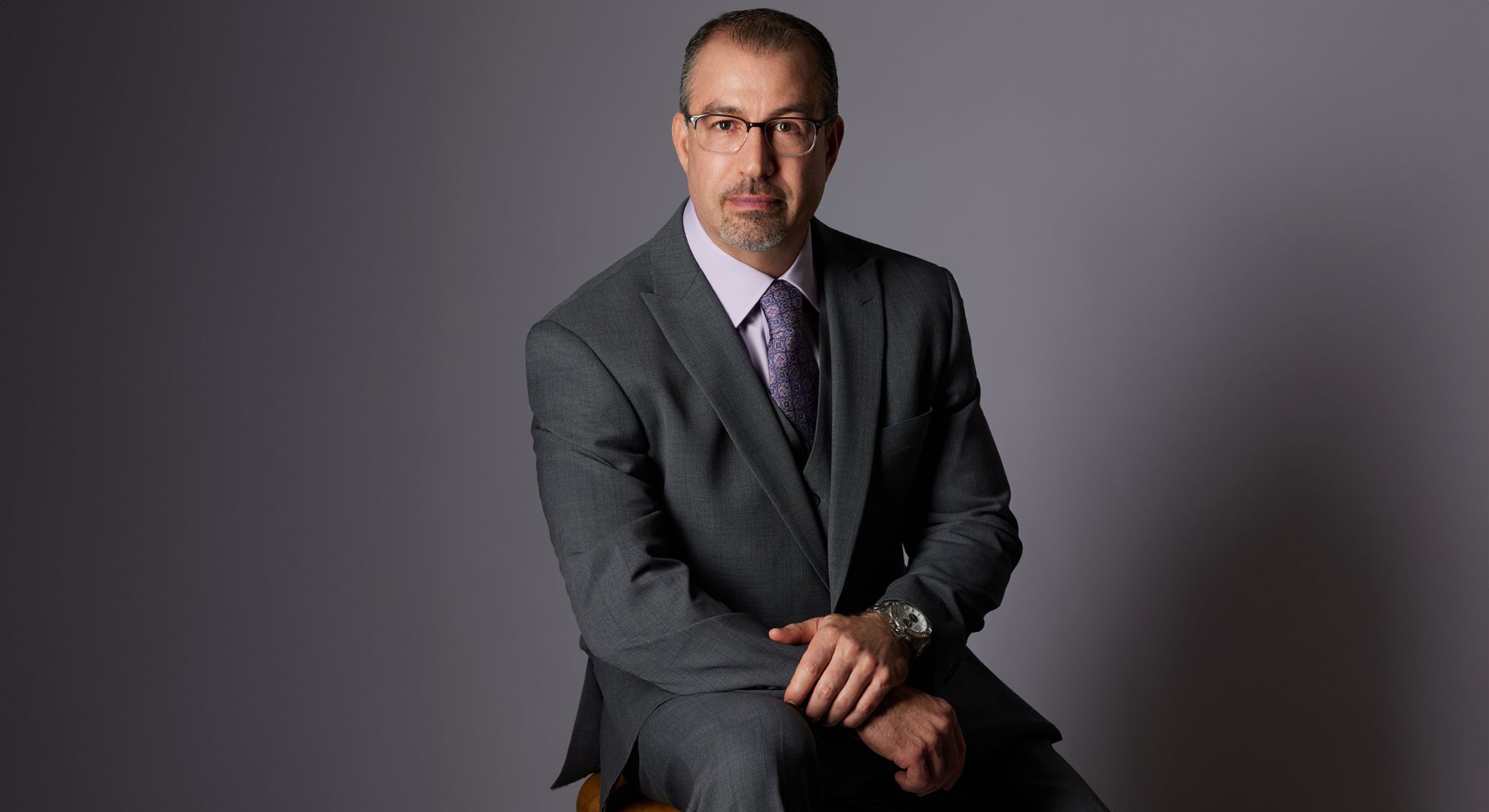

Microdosing GLP-1 Medications

Over the last few years, GLP-1 receptor agonists like semaglutide and tirzepatide have become household names in metabolic health, weight loss, and diabetes care. Initially developed for type 2 diabetes, these medications have rapidly gained popularity for their profound effects on appetite regulation, insulin sensitivity, and weight loss. But there's a quieter, emerging trend gaining traction among physicians and health-optimizing individuals alike: microdosing GLP-1 medications.
At Longevity Health Clinic, we take an evidence-based, root-cause approach to metabolic and longevity medicine. I’ve personally been microdosing GLP-1s for over six months, and the results have been impressive—not just in body composition, but in behavioral alignment with healthy lifestyle goals, even in environments traditionally filled with temptation (like European vacations).
So, what exactly is GLP-1 microdosing, and how does it compare to traditional protocols? Let’s dive in.
What Is Microdosing GLP-1s?
Microdosing refers to the use of subtherapeutic or lower-than-standard doses of GLP-1 receptor agonists, such as semaglutide (Ozempic, Wegovy) or tirzepatide (Mounjaro, Zepbound), with the aim of minimizing side effects while maintaining therapeutic benefits.
Instead of titrating to the full doses recommended for obesity treatment (e.g., semaglutide 2.4 mg weekly or tirzepatide up to 15 mg), microdosing involves starting and staying at much lower doses—sometimes as low as 0.1 to 0.25 mg per week for semaglutide or even intermittent use.
Medical Rationale and Evolving Literature
Emerging clinical experiences and anecdotal reports are starting to shape a new narrative. While large-scale randomized controlled trials (RCTs) have focused on higher-dose protocols for regulatory approval, a growing number of physicians are reporting excellent results at significantly lower doses, especially in individuals who are metabolically healthy or seeking lifestyle optimization rather than aggressive weight loss.
A 2023 study in Diabetes, Obesity & Metabolism hinted that some patients can achieve significant appetite suppression and glycemic improvements even before reaching full therapeutic doses. Additionally, a 2024 commentary in Nature Reviews Endocrinology suggested that the future of GLP-1 use may be individualized dosing, guided by biomarker response and patient goals.
Benefits of Microdosing
- Minimized Side Effects: Nausea, vomiting, constipation, and fatigue are common at higher doses. Microdosing drastically reduces these issues.
- Behavioral Leverage: Even low doses appear to significantly reduce hedonic eating, improve satiety signaling, and align food choices with long-term goals.
- Metabolic Flexibility: Many patients report increased energy, better glucose control, and fewer cravings—often with better adherence to exercise and sleep routines.
- Sustainability: Lower doses are often better tolerated long-term and may reduce cost if compounded formulations are used appropriately and legally.
From personal experience, microdosing has helped me make consistently better food choices—even when navigating indulgent meals abroad. It’s also led to improvements in sleep quality, exercise motivation, and stress resilience. For a preventive and performance-oriented individual, these secondary effects are often the main draw.
Common Microdosing Protocols
While protocols vary by practitioner, here are a few common approaches being used in clinical settings:
Semaglutide:
- Start: 0.125-0.25 mg weekly
- Titration: Increase in increments of 0.125 mg over months rather than increasing every 4 weeks
Tirzepatide:
- Start: 0.5 mg weekly
- Titration: Increase in increments of 0.5 mg over months rather than increasing every 4 weeks
Note: These are off-label uses when not following FDA-approved dosing for obesity or diabetes. As always, this should be guided by a clinician familiar with functional and preventive strategies.
Risks and Considerations
Microdosing is not without controversy or risk. Key issues include:
- Off-Label Use: Using GLP-1s outside of FDA-indicated doses or conditions should involve informed consent and close medical supervision.
- Underdosing in Severe Cases: In patients with obesity or insulin resistance, microdoses may be inadequate.
- Compounding Quality: Ensure any compounded medication is sourced from reputable, FDA-registered pharmacies.
Controversy and Debate
The popularity of GLP-1s has sparked heated debate. Critics of microdosing argue it's speculative and lacks rigorous trial data. Others fear it may trivialize a powerful medication by marketing it as a lifestyle “hack.”
But in the world of functional and preventive medicine, context is everything. For metabolically healthy individuals seeking behavioral nudges, not pharmacological crutches, microdosing represents a compelling middle ground—one that supports long-term adherence to core lifestyle strategies.
And that’s our philosophy at Longevity Health Clinic: Lifestyle first, advanced therapies second. Microdosing aligns perfectly with this approach.
Final Thoughts
GLP-1 microdosing isn’t about shortcutting the system—it’s about amplifying your alignment with your best self. When used responsibly and monitored properly, it can help sustain the habits that lead to vitality, longevity, and a life well-lived.
If you're curious whether microdosing might be right for your health journey, we're here to guide you—with transparency, science, and a no-gimmicks philosophy.
Interested in exploring GLP-1 microdosing with a functional medicine lens?Schedule a personalized consultation at Longevity Health Clinic in Charlottesville today.

